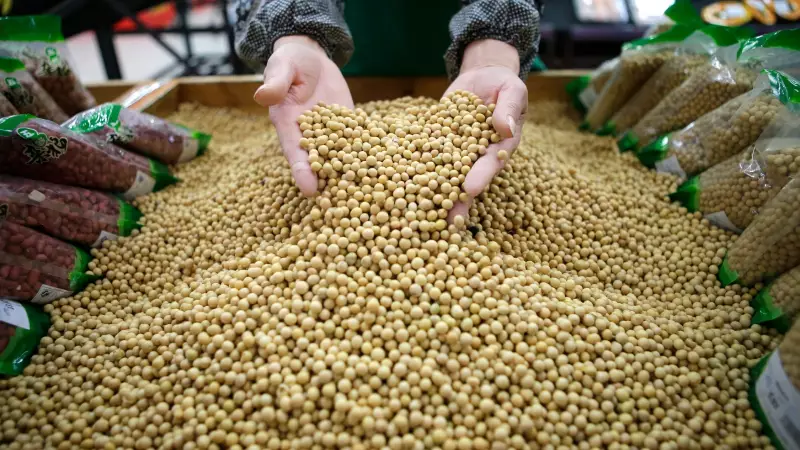
In a significant development for international agricultural trade, China has made a substantial commitment to American farmers by agreeing to purchase approximately 25 million metric tons of US soybeans each year. This major trade arrangement comes as both economic powerhouses work to strengthen their commercial relationships amid evolving global market dynamics.
Strategic Agricultural Partnership
The massive soybean procurement deal represents one of the largest ongoing agricultural trade agreements between the two nations. Soybeans have long been a cornerstone of US-China trade relations, serving as both an economic commodity and a diplomatic tool in bilateral negotiations.
This commitment comes at a crucial time for global food supply chains and agricultural markets. The consistent demand from China provides much-needed stability for American soybean growers, who have faced market uncertainties in recent years due to trade tensions and fluctuating demand patterns.
Economic Implications for US Farmers
For American agricultural producers, this agreement offers substantial economic security. The guaranteed annual purchase of 25 million metric tons creates predictable revenue streams and allows for better production planning. This stability is particularly valuable given the capital-intensive nature of modern farming operations.
The deal also reinforces the United States' position as a reliable supplier in the global soybean market, potentially opening doors for additional international partnerships and trade opportunities.
Broader Trade Relations Context
This soybean arrangement occurs against the backdrop of broader trade discussions between Washington and Beijing. Both nations appear to be taking measured steps toward normalizing trade relations while navigating complex geopolitical considerations.
The consistent soybean purchases demonstrate China's commitment to fulfilling its agricultural import needs through established trade channels, while simultaneously supporting American farming communities through reliable market access.
As global demand for protein sources continues to grow, particularly in developing economies, such long-term trade agreements become increasingly vital for maintaining stable food supply chains and predictable commodity markets worldwide.





